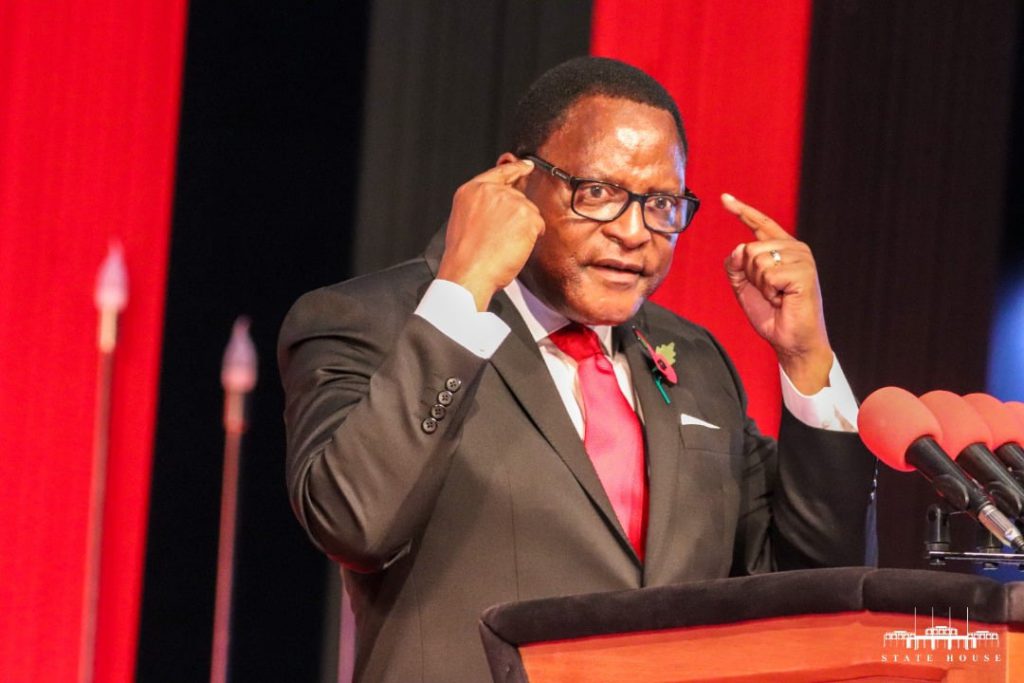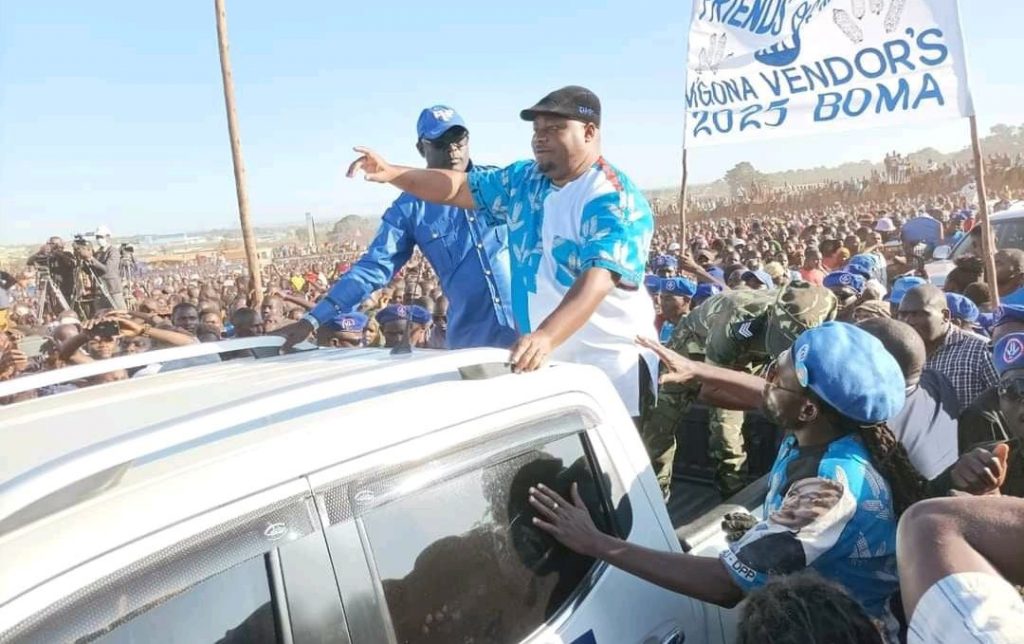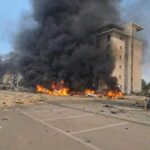
Chakwera turns a blind eye to Nankhumwa’s Ultimatum
Published on May 3, 2022 at 12:52 PM by Chisomo Kambale
President Lazarus Chakwera says he will not lose sleep over a 14-day ultimatum Leader of Opposition in Parliament Kondwani Nankhumwa has given his administration.
In a written response through his press secretary Anthony Kasunda, the President said he had completed his nationwide crop inspection tour. He said his interaction with farmers during the tours showed that they welcomed it and found the same to be of great value.

Chakwera said: “The opposition’s calls for the President to end his inspection tours are not only nugatory but also grossly out of touch with the plight of farmers and with the responsibility the President has to ensure rural communities are assured of the food security he promised.
“In this regard, the President will continue pursuing a broad-based developmental agenda that is aligned with Malawi 2063 and responsive to the needs of Malawians, not a narrow and piecemeal approach dictated by ill-advised ultimatums.”
During a rally at Mgona ground in Lilongwe on Sunday, Nankhumwa, who is Democratic Progressive Party (DPP) vice-president for the South, gave Chakwera the 14-day ultimatum to correct what he called current economic challenges facing Malawians.
He also asked the President to “suspend his crop inspection tours and work in his office” to find solutions to hardships that Malawians are currently going through.
Nankhumwa warned of unspecified action if Chakwera fails to heed advice to correct the economic situation.
A week ago, some experts backed Chakwera’s crop inspection tours, saying they offer an opportunity to have first-hand impressions on crop output.
Lilongwe University of Agriculture and Natural Resources agriculture economist Ken Machila observed that the exercise has a multiplier effect and must be encouraged.
Mwapata Policy Institute executive director William Chadza said the crop inspection is an opportunity to see things practically on the ground and inform policy.
Chakwera embarked on the crop inspection tour targeting 11 districts, three each in the Southern and Central regions and five in the Northern Region.
Source: NPL


